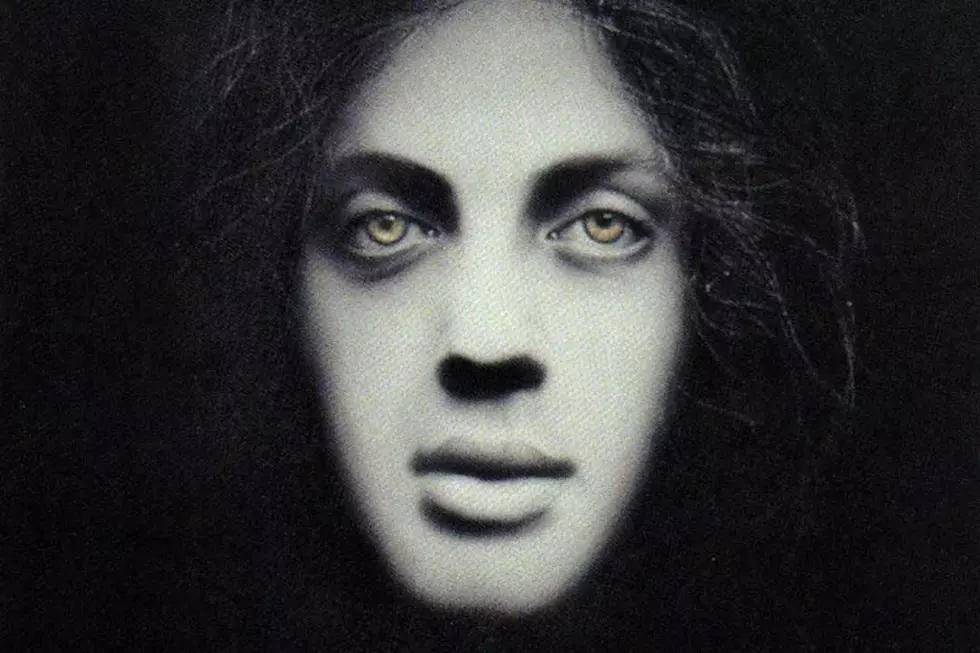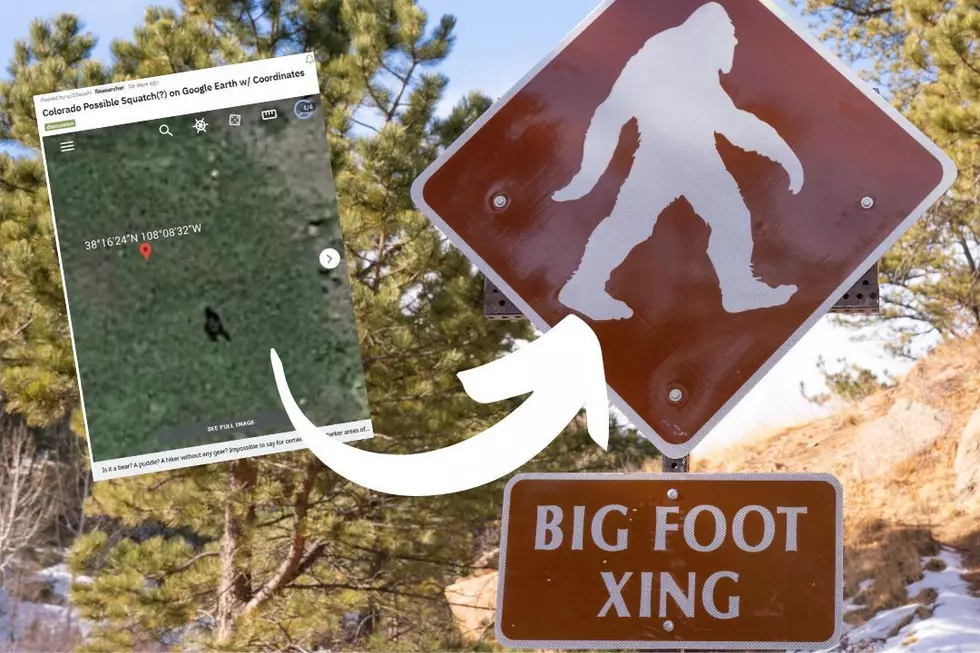
50 Years Ago: Billy Joel Begins March to Stardom With ‘Piano Man’
Even the most distinguished career has to start somewhere. For Billy Joel's life as a chart-topping solo artist, that first step started in a Los Angeles piano bar.
As any Joel fan will tell you, his career really started during his Long Island youth, with stints in a series of bands that included the Hassles and an organ-fueled heavy metal duo dubbed Attila. And his first solo LP, 1971's Cold Spring Harbor, was released before he took that fateful piano bar job – but all of those early stabs at stardom went nowhere.
The failure of the Harbor record – infamously mastered at the wrong speed, leaving Joel sounding like a singing chipmunk – started his brief tenure as a barfly serenade singer. Angered by the label's mismanagement of the album and chafing under the constraints of a terrible contract, he decided to walk away from everything while he paused to take stock and re-evaluate.
READ MORE: Top 10 Billy Joel Songs
"I dropped out of sight," Joel told Alec Baldwin during an appearance on Baldwin's Here's the Thing show. "I had to get out of this horrible deal that I’d signed. I signed away everything – the copyrights, publishing, record royalties, everything. My first child. I gave it all away, and I said, 'I’ve got to get out of this deal,' and I hid in L.A. and I worked in a piano bar under the name Bill Martin."
Listen to Billy Joel's 'Captain Jack'
Columbia Records Recognizes His Talents
It wasn't the way Joel dreamed his career would go as a Beatles-loving teen, but a change of fortune loomed on the horizon. While touring behind Cold Spring Harbor, he'd done a show at Philadelphia's WMMR, and his performance of the non-album track "Captain Jack" quickly entered heavy rotation on the station's airwaves. Among Joel's new fans were some key record label execs, and soon plans were afoot to try and wrest him from that punitive contract and get him signed to Columbia Records.
Their efforts weren't 100 percent effective: Joel's first label, Family Productions, would take a piece of everything he did through 1986's The Bridge. Still, they did get him signed, and once he had major-label machinery behind him, Joel was free to begin building a career in earnest. The fruits of those efforts arrived in stores on Nov. 9, 1973, in the form of his second solo album, Piano Man.
Just the fact that it was mastered at the right speed was a step in the right direction for Joel, but he'd also stepped up his game in terms of songwriting; where Cold Spring Harbor had been a very stark, ballad-heavy affair, Piano Man bore the first hints of the eclectic, full-bodied sound he'd pursue for the balance of his career. With producer Michael Stewart behind the boards and surrounded by a band of session aces, Joel flexed his chops as an arranger, working elements of country, rock, sweeping orchestral pop, and classic Tin Pan Alley balladry into the mix.
"Captain Jack" might have been the song that got the ball rolling, but the album's title track quickly proved to be the record's signature moment. Along the way, "Piano Man" would become one of the defining anthems of Joel's career – and it all got started back in an L.A. piano bar called the Executive Room.
Watch Billy Joel's 'Piano Man' Video
The Characters in His Breakout Song Were Real
In fact, as Joel later admitted, he didn't even have to invent the characters in the lyrics. "John was the bartender. Paul was this real estate guy who wanted to write the great American novel and Davey was a guy who was in the Navy. It’s a true story and I knew when I was doing the gig, I said, ‘I gotta get a song out of this’ and it worked out. Even the girl in the song, that says ‘And the waitress is practicing politics, as the businessmen slowly get stoned’ – that was my first wife. She was working there too, as a waitress."
Piano Man proved to be the first Billy Joel album to gain any real traction on the charts, where it broke the Billboard Top 30 in 1974. But it would take several more years – and a few more middling releases – before he became a household name with 1977's The Stranger.
READ MORE: Ranking Every Billy Joel Album
As he later reflected during the conversation with Baldwin, this LP didn't exactly break sales records. "Piano Man was not a hit record," Joel said. "It was a turntable hit. In other words, it didn’t sell through, but this is back in the early ‘70s. In those days, they still had FM progressive radio. Disc jockeys could spin whatever they wanted."
He'd have to endure additional commercial struggles to get there, but soon enough, there would come a point when disc jockeys would be spinning all the Billy Joel hits anyone could ask for – and they all started with Piano Man.
Rock's Most Disappointing Albums
Gallery Credit: Nick DeRiso
More From 92.9 The Lake










